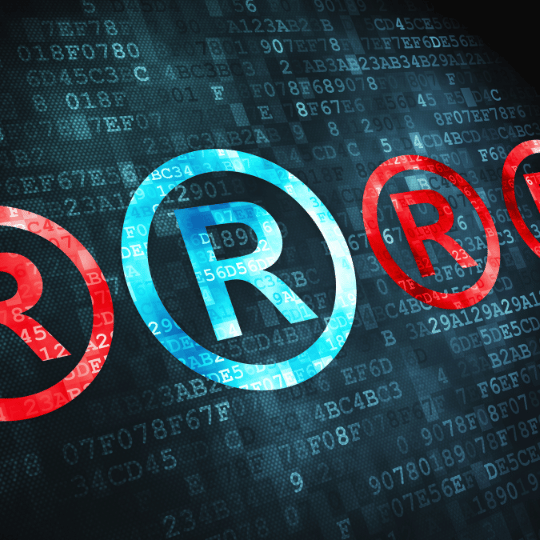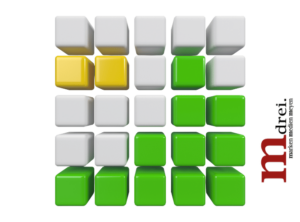Trademark attorney Robert Meyen
As a law firm for trademark law, we are your reliable partner for
Trademark application, warning letter, preliminary injunction or lawsuit.
Warnings
We pursue Trademark infringements and Defend you against justified and unjustified warnings in the Trademark law,
Design law, Competition law
and copyright.
Lawsuits and temporary injunctions
Specialist lawyersrrepresentation: We represent you before all local courts, regional courts and higher regional courts in all matters of intellectual property protection in the case of interim injunctions or in the main proceedings.
Consulting
We are happy to litigate for you. We also advise on the creation of an ideal intellectual property rights portfolio, register trademarks and Designs for you and check your Webshop or your Advertising and draft contracts.
How attorney Robert Meyen works
We talk to you at eye level and in plain language. We don't use legal gobbledygook.
Trademark attorney Robert Meyen is a lawyer and specialist lawyer for intellectual property rights. The specialist lawyer title covers the areas of Trademark law, Design law and Competition law. Our focus is also on the Copyright and reputation protection (defamation, insults, Google reviews).
Rely on legal assistance and experience with Trademark infringements and Trademark applications.
Rely on our experience in dealing with the German Patent and Trademark Office (DPMA), the European Union Intellectual Property Office (EUIPO) and the World Intellectual Property Organization (WIPO).
We work hard to achieve the maximum result for you. Our promise: we spare no effort if it serves the cause, but we produce no effort that only serves the lawyer.

The trademark attorney
The Trademark attorney is a lawyer and Expert in the field of trademark law. He is an expert for the Infringement of industrial property rights and the creation of an ideal Brand portfolios. We also have extensive experience in related areas of law such as Design law, Competition law or Copyright.

Free initial assessment
Have you received a warning letter or have you been served with a lawsuit or temporary injunction? Please send us a e-mail with the document in order to Free initial assessment* to obtain.
*only applies to warnings, interim injunctions and lawsuits

Efficient law enforcement
We are convinced that fast legal protection is good legal protection. For this reason, we prioritize Warnings and interim injunctionsfor you lengthy processes as far as possible Avoid.
Received a warning in trademark law or design law?
Do you have a Warning letter received in trademark law, IT law, design law, competition law or copyright law? Are you accused of stealing a picture without authorization, illegally using a trademark or company name or behaving unfairly in competition?
Do you need to remedy the trademark infringement, design infringement, copyright infringement or competition law infringement immediately, submit a cease-and-desist declaration and pay damages?
- First of all: keep a cool head!
- Under no circumstances should you sign the enclosed cease-and-desist declaration!
- Do not pay the amount demanded!
Please do not deactivate your webshop, remove any images or make evidence disappear. Your opponent has already documented every infringement anyway. Your lawyer, on the other hand, should also have the opportunity to form their own opinion (and the court, if necessary) and gather evidence for their defense.
Attention: With Trademark infringements the amounts in dispute and the values in dispute are very high: for simple matters and rather unknown trademarks, the amount in dispute for injunctive relief is usually 50.000 €. Large companies such as Audi, BMW, Burberry, Longchamp, Louis Vuitton or Porsche but also like to use 150,000 € or more on. From BMW we have already Trademark warnings with an object value of 600.000 € seen. This will result in horrendous legal fees and court costs if you do not react decisively.
Attorney Robert Meyen has a proven track record of success in defending against warning letters from fashion brands and automobile manufacturers.
Do you already know the latest articles in our blog?
We are a specialized law firm in the field of intellectual property law
If you have any questions about trademarks, designs, copyright, competition law or reputation protection, please do not hesitate to contact us.





